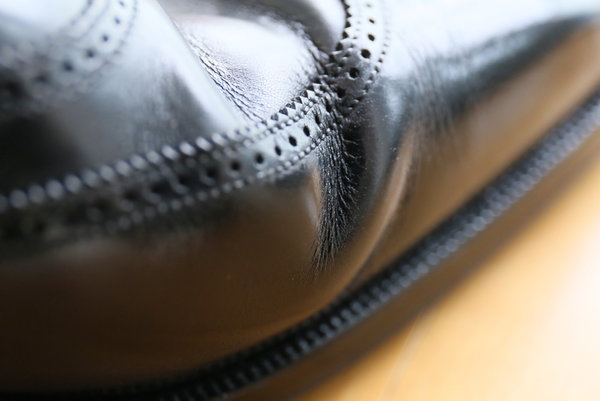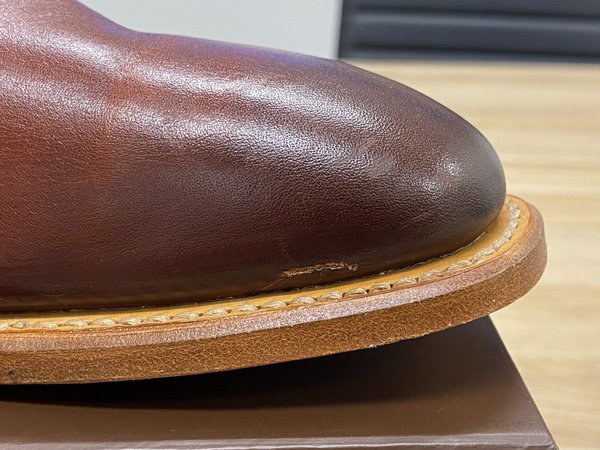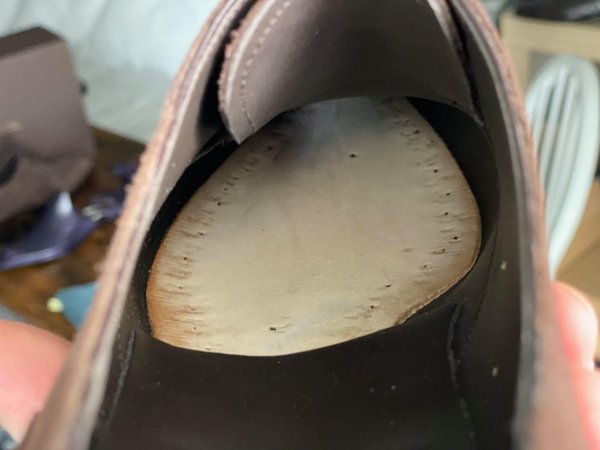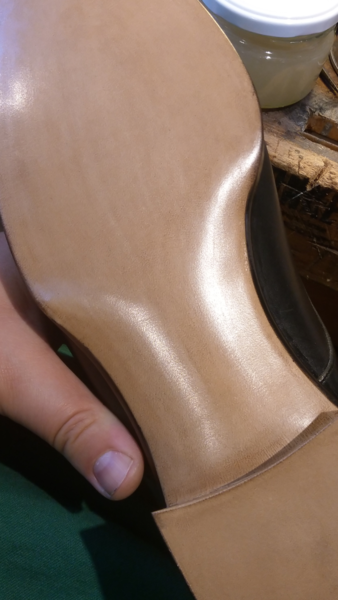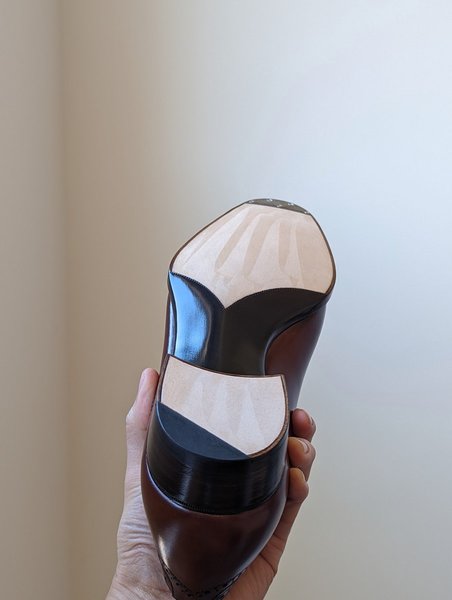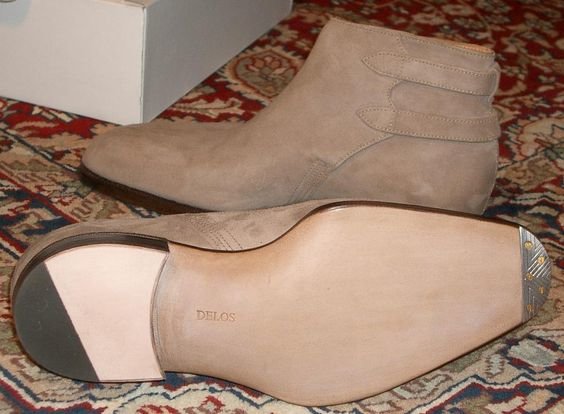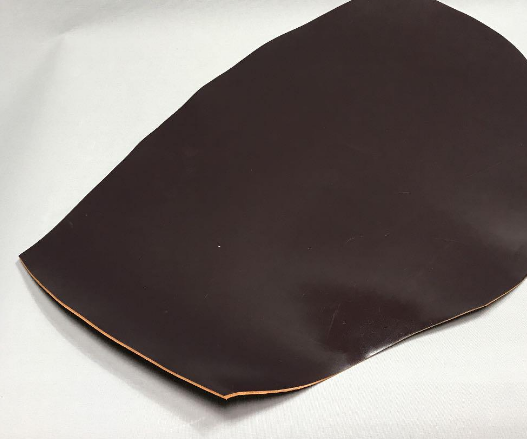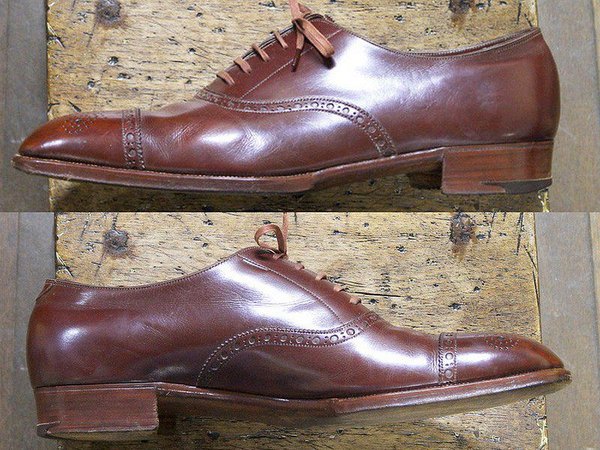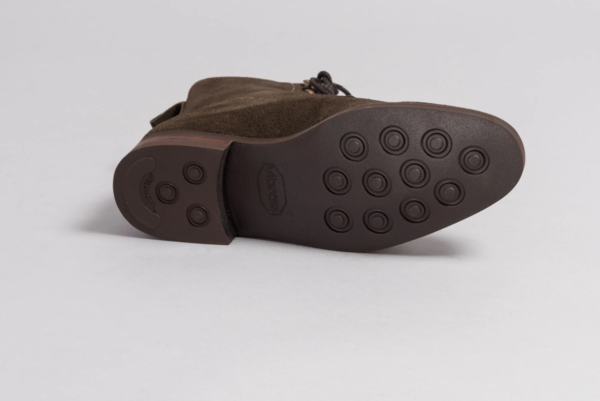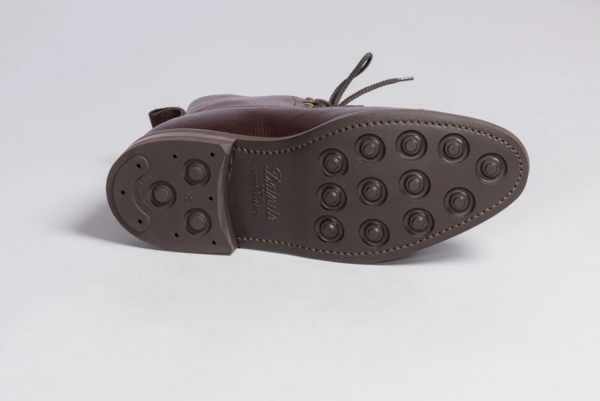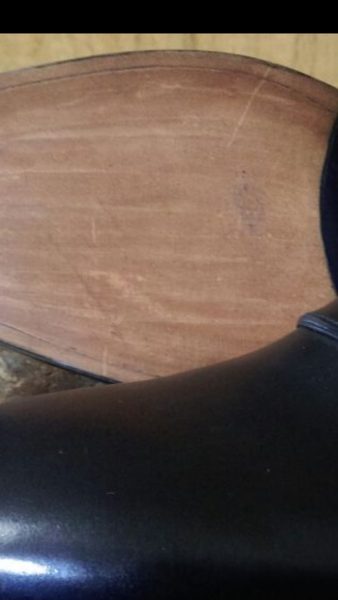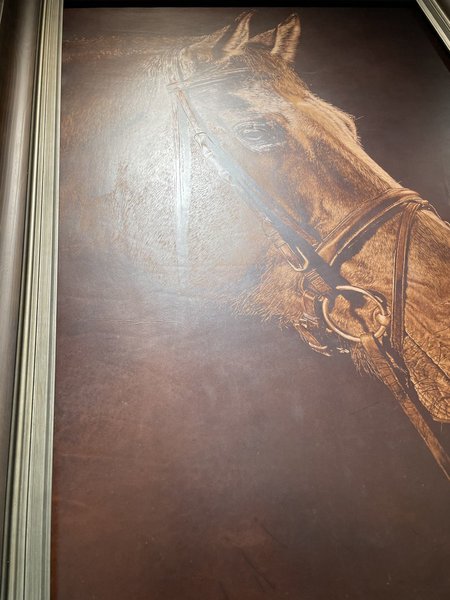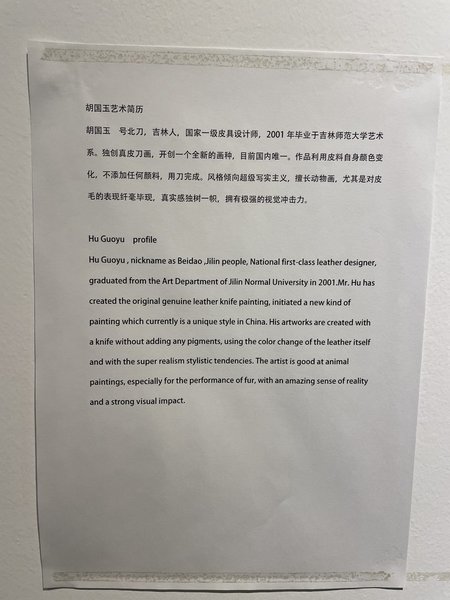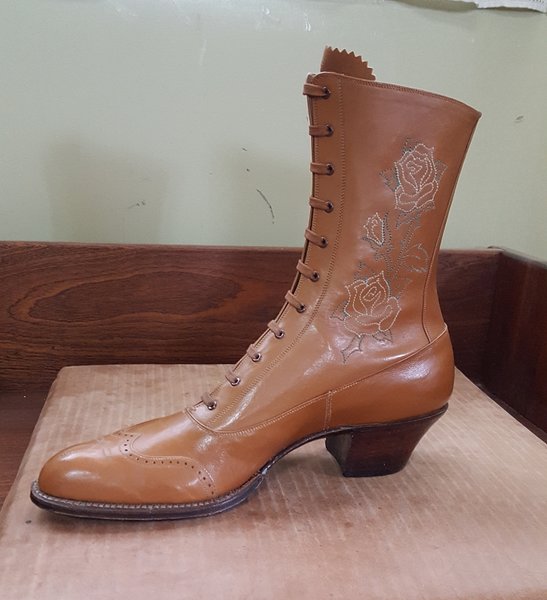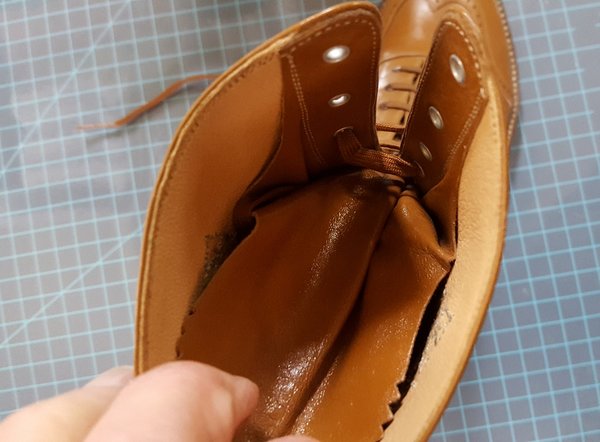- Joined
- Jan 8, 2008
- Messages
- 10,132
- Reaction score
- 5,714
@shoefan
BTW and point of clarification...I am not complaining about you disagreeing with me. I am not doing the "shoefan says this" or the "shoefan asserts that" bit. I am not characterizing or complaining about your disagreeing with me. Simply because I believe that you have every legitimate right to disagree with me and I respect your disagreement. I respect it because I know it is legitimate--you've been in the trenches.
What I complain about is all the REMF'ing Corporal Uppham types (Saving Private Ryan) who come here to piously lecture everyone about "the bonds of brotherhood that develop between men in combat" and the book they are writing about it while sitting in relative comfort drinking the co-colas and eating the candy bars that never get to the guys at the front...in the trenches.
BTW and point of clarification...I am not complaining about you disagreeing with me. I am not doing the "shoefan says this" or the "shoefan asserts that" bit. I am not characterizing or complaining about your disagreeing with me. Simply because I believe that you have every legitimate right to disagree with me and I respect your disagreement. I respect it because I know it is legitimate--you've been in the trenches.
What I complain about is all the REMF'ing Corporal Uppham types (Saving Private Ryan) who come here to piously lecture everyone about "the bonds of brotherhood that develop between men in combat" and the book they are writing about it while sitting in relative comfort drinking the co-colas and eating the candy bars that never get to the guys at the front...in the trenches.
Last edited:



